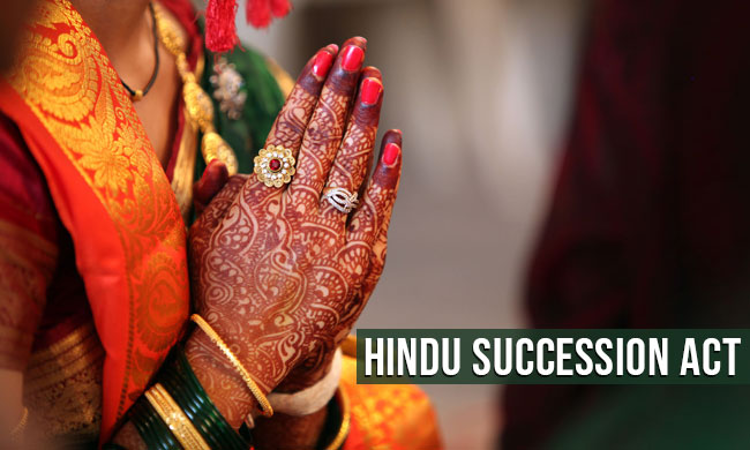- Home
- /
- Know the Law
- /
- Explainer : Right Of Hindu Women To...
Explainer : Right Of Hindu Women To Property
Siddharth Yadav
27 Aug 2019 8:51 AM IST
Historically, and also ironically, women under Hindu Law were not entitled to any share in the immovable or movable property either as a daughter or as a wife, of their ancestors. However, in some capacities women were given the Right to Inherit property,but the same were only a limited right of enjoyment to the Property.After India became Independent, the Hindu law relating to property...
Next Story



